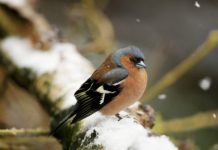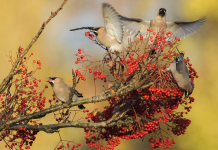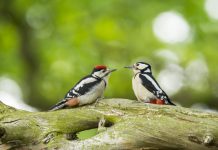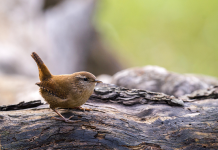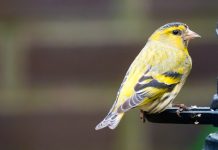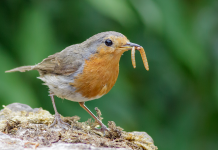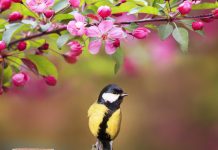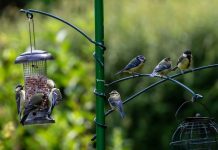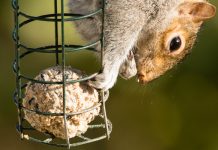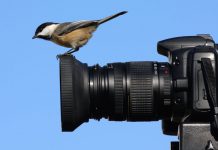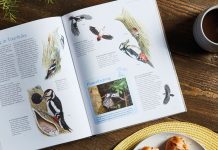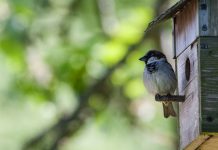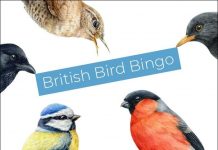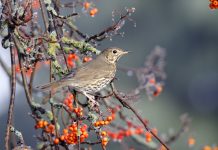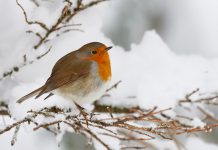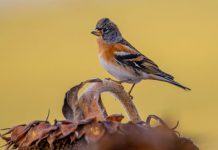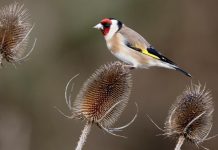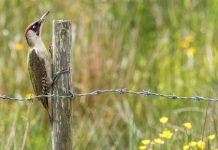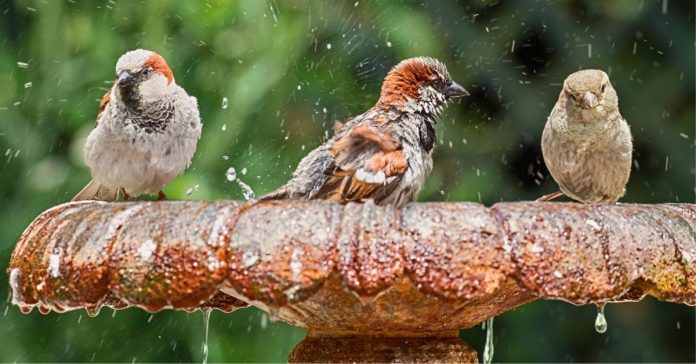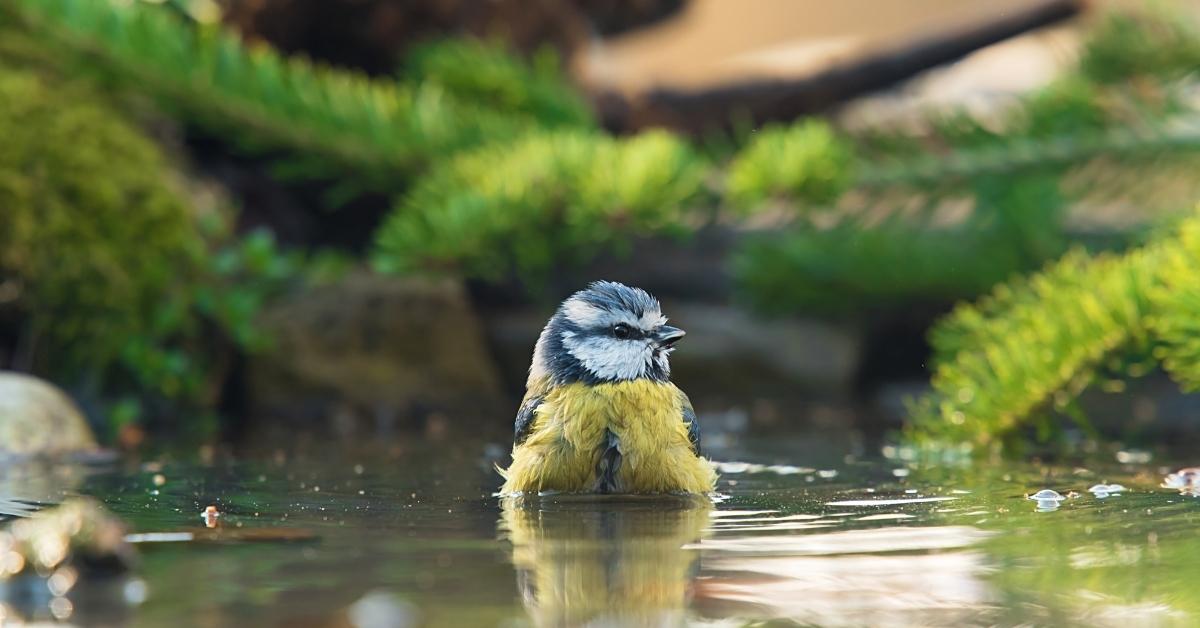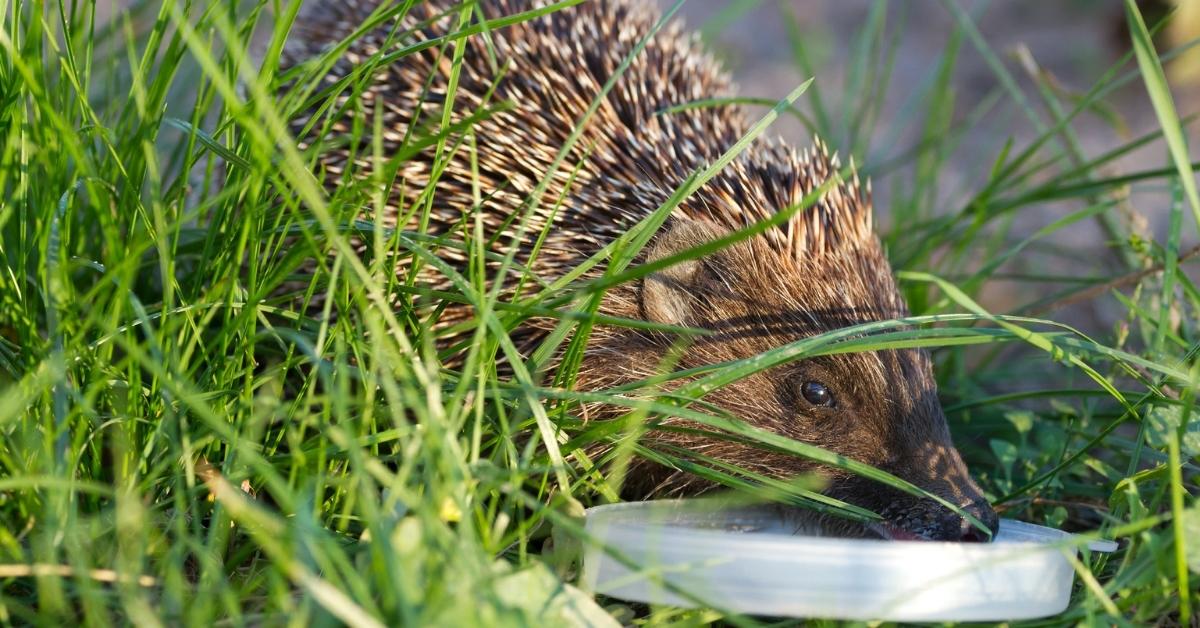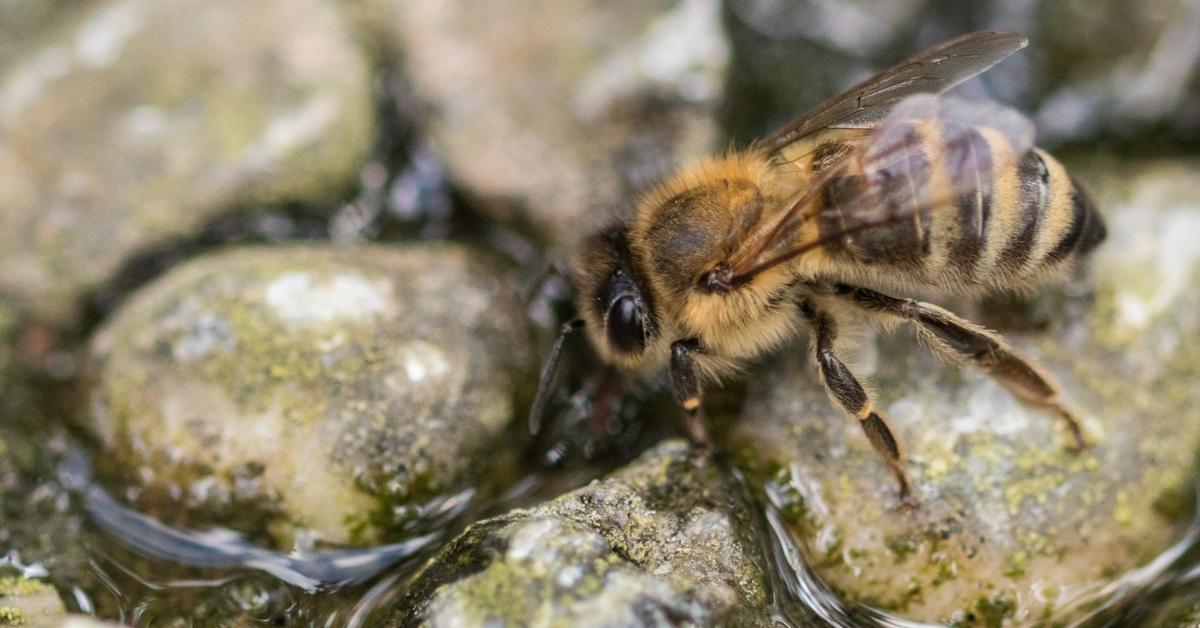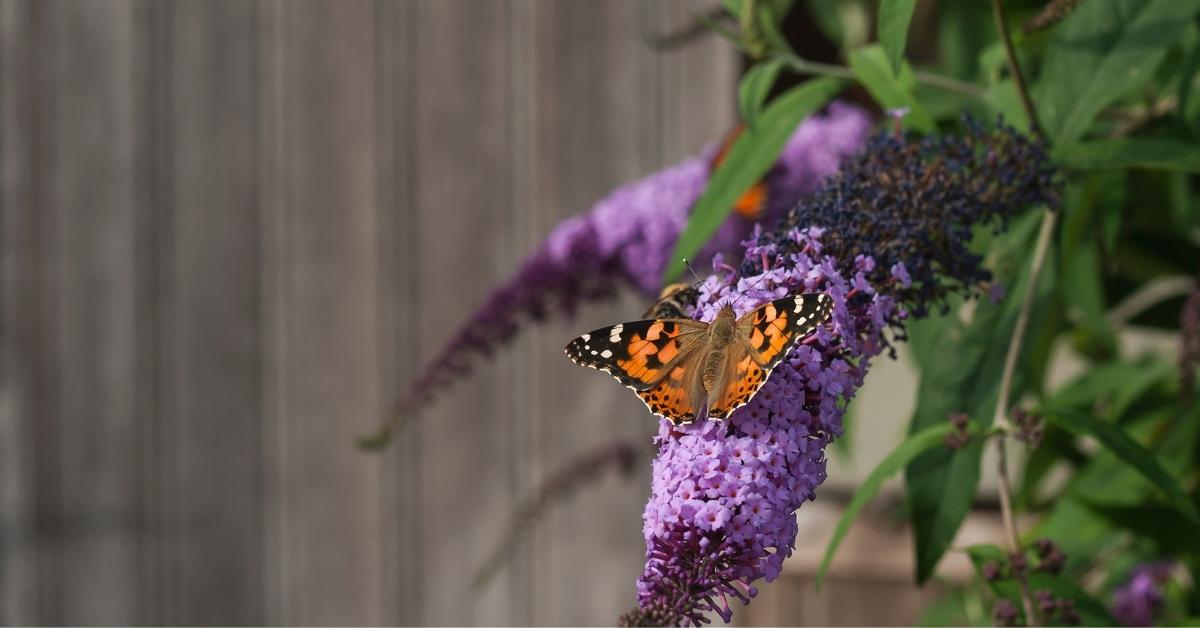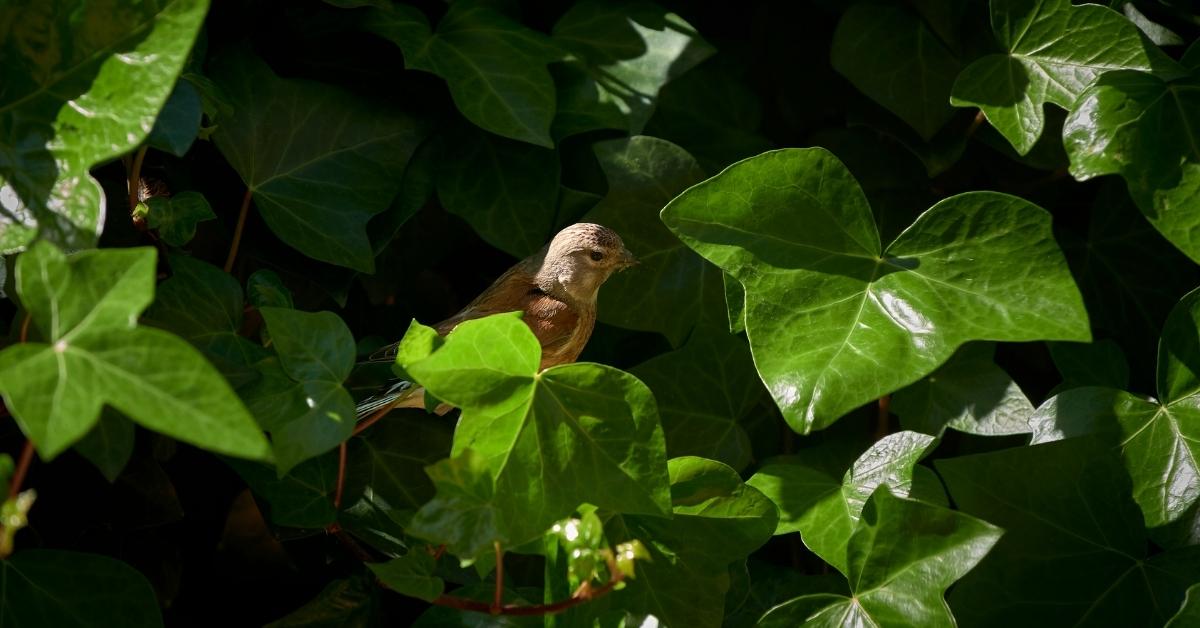Summer is finally in full swing! We’ve experienced some of the hottest days of the year so far, and we can expect a lot more hot, sunny weather to come. However, whilst we’re enjoying soaking up the sunshine, it can be a tough time for many of the animals who visit our gardens, who can struggle to find access to water and food sources. But, we can make all the difference with a few easy things we can do at home to help wildlife in hot weather.
Birds
Unlike mammals, birds don’t have sweat glands to help them keep cool. This means bathing is an important way to lose excess heat. Birds also lose a lot of water through respiration, so need to drink regularly. Make sure those bird baths and ponds are kept topped up so that your feathered friends can stay hydrated, keep clean and cool off in the water.
Remember, bird baths don’t have to take up a lot of space – if you’re short of room, any shallow dish of water will be appreciated. Check out our guide to choosing and using a bird bath for more handy tips to get the most out of yours.
Remember, parent birds are very busy sourcing food for their fledglings at this time of year, so keeping your feeders filled with seed will help to provide the much-needed energy birds require to go about their daily business. For birds such as blackbirds and robins, the hot, dry weather means that their staple diet of worms has retreated deep into the ground, so consider providing supplementary mealworms. Remember to clean your bird feeders and bird baths regularly, to keep the wild birds healthy!
Hedgehogs
Hedgehogs are especially vulnerable during summer, with the British Hedgehog Preservation Society (BHPS) recording an influx of calls reporting cases of dehydrated hedgehogs. Leaving out shallow dishes of water (not milk) will help our prickly friends to easily find a drink. Plates of meaty pet foods are also a great source of food when dry, sun-baked ground means their usual diet of slugs and worms are hard to come by. Place dishes of water and food out in the open to help hedgehogs stay safe from lurking predators whilst they’re at the buffet.
You can also provide hedgehogs with a cool, sheltered place to escape from the sun during the day by popping a hedgehog house in a shaded, covered area of your garden. This will also encourage them to hibernate in your garden over winter.
Hedgehogs may try to drink from ponds in hot weather. If you have a pond in your garden, it’s a great idea to make sure there’s a small ramp to allow any hedgehogs or other small mammals that may fall in to get out again. A ramp is also important for allowing frogs, toads and newts to come and go freely.
Bees
We all know how important bees are to our ecosystem and food supply, but during warm weather they can often become exhausted, and you might spot one lying on the ground whilst it tries to recover.
You can help exhausted bees by providing a shallow dish filled with a sugar and water solution to give them a boost of energy. Make sure you place pebbles in the dish so they have a place to safely land, and don’t risk drowning. By doing this one simple thing, you’re providing them with enough energy to get them back to the safety of the hive. Insect hotels are fantastic for providing solitary bees with shelter during the heat of the day, too.
Butterflies
Butterflies actually thrive in the summer heat! However, you can still help them find a food source by planting nectar rich flowers such as buddleja, verbena and common knapweed.
Butterfly houses are also great addition to the garden to provide a sheltered space in the thunderstorms that often follow a heatwave, as well as a safe haven from predators such as bats.
Let it grow
At this time of year, garden critters are desperately trying to find a shaded place to keep cool, and animals such as birds and bats often take shelter in ivy. If you’ve got any climbing plants such as ivy or field bindweed that you would normally be clearing from your garden at this time of year, consider leaving it there until the end of the summer to give wildlife somewhere to stay out of the sun.
We hope these simple tips have given you a few ideas for how you can help wildlife in hot weather in your own garden. They will thank you for it!


